Toxic animals usually refer to poisonous animals, which are widely distributed in nature. These animals produce venom through specific parts of their bodies (such as teeth, stingers, venom glands, etc.) for predators or self-defense. Poisonous animals include snakes, spiders, scorpions, lizards, fish and certain insects. Being bitten or stabbed by a venomous animal can cause varying degrees of injuries and symptoms, including pain, swelling, difficulty breathing, rapid heartbeat, etc. The venom of some venomous animals (such as venomous snakes) may also cause serious consequences such as tissue necrosis and blood coagulation. Therefore, when exploring, traveling, camping and other outdoor activities, you should pay attention to identifying the poisonous animals around you and take corresponding preventive measures to avoid being attacked or bitten by them.
There are hundreds of poisonous animals in the world. Some are common, some are rare, some live on land, and some live in water. This article takes stock of more than ten of the world's most venomous animals, including the opponent jellyfish, the Echitling sea snake, the blue-ringed octopus, the poisonous scorpionfish, the Palestinian scorpion, the funnel spider, the taipan snake, and the king cobra. Let’s take a look.
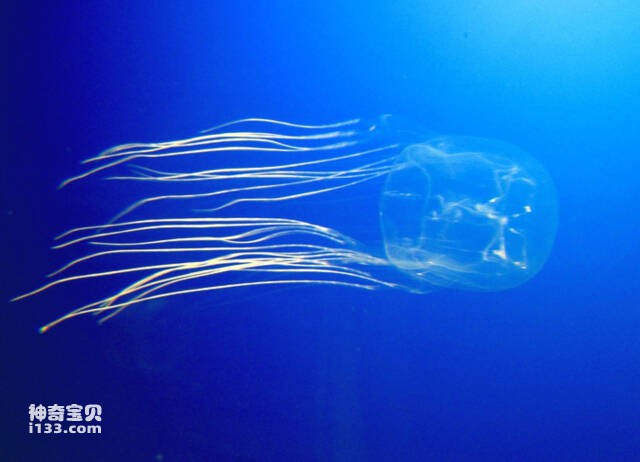
1. Square jellyfish
Square jellyfish, also known as box jellyfish and commonly known as sea wasps, mainly live in the northern coastal waters of Australia and New Guinea, the Philippines and Vietnam. This jellyfish is transparent and light blue, box-shaped, with 4 distinct sides. The number of square jellyfish tentacles reaches 15, and each tentacle can reach a maximum length of about 3-4 meters. Not only that, each tentacle is also covered with stinging cells that store venom. Once the human body is stung by it, it will cause heart disease and nervous system damage within a few minutes, and even lead to death in as little as 3 minutes. The square jellyfish is one of the most evolved jellyfish known, and it is also the most venomous jellyfish in the world. It is reported that in the past 25 years, as many as 60 people have died from Chinese jellyfish poisoning along the coast of Queensland, Australia, far exceeding the number of people who died from sharks, which only 13 people.
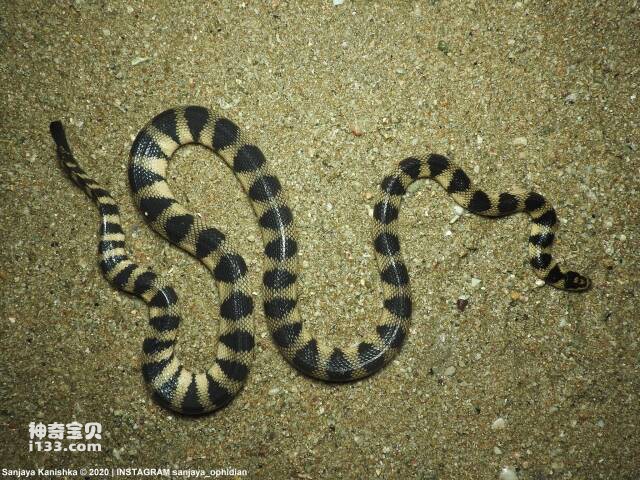
2. Ekitri sea snake
The Ekitlin sea snake, also known as the green-ringed sea snake, is a reptile that mainly lives in tropical waters, especially the shallow waters of the Australian Gulf. It is considered one of the most venomous snakes in the ocean because its venom can quickly act on the nervous system, causing muscle paralysis, respiratory failure and cardiac arrest, killing the prey. Compared with other snakes that secrete blood venom, the lethal time of Ekitlin sea snakes is usually shorter, only taking about tens of minutes, so if a person is bitten, he may die in a short time. Despite this, Echitling sea snakes are usually very docile and will not actively attack humans.
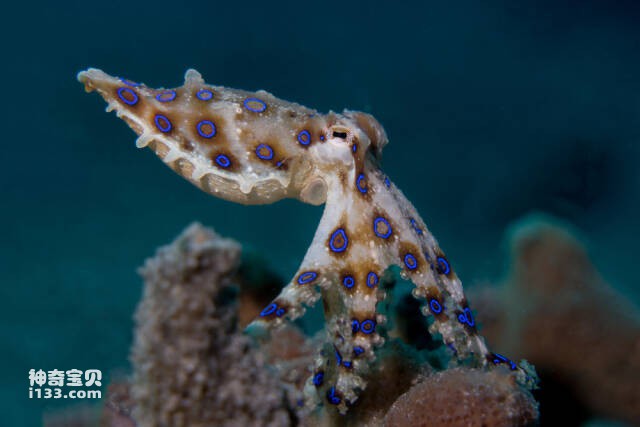
3. Blue-ringed octopus
The blue-ringed octopus is distributed in the coastal waters of the western Pacific and northern Indian Ocean. It is an extremely venomous creature. According to legend, its venom is 50 times more venomous than cobras, and each blue-ringed octopus carries enough toxin to kill 26 adults. If you are stung by it, the venom in the body will be quickly released into the body. Although there is no pain at first, the toxicity will start to take effect after an hour. The ingredients in the venom of the blue-ringed octopus can destroy the victim's vital system, invade the brain muscles, prevent blood coagulation, and cause massive bleeding and severe pain in the wound. Subsequently, the whole body will become feverish and have difficulty breathing, which may lead to direct death.
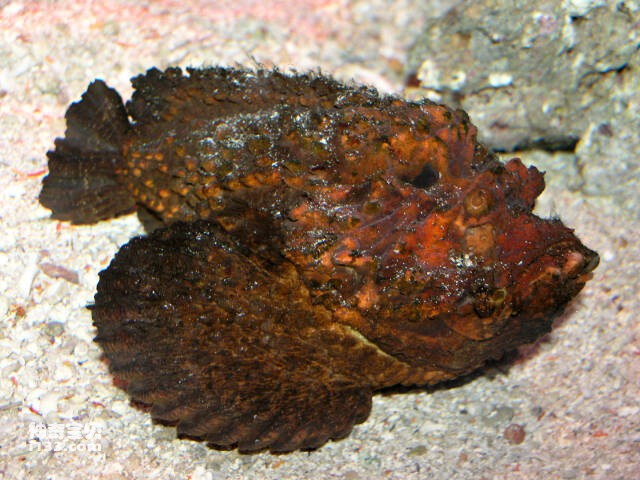
4. Poisonous scorpionfish
Poisonous scorpionfish, also known as stonefish, is mainly distributed in China’s Paracel Islands, the southern coast of Africa in the Indian Ocean, the central Pacific, and the waters of Japan. They usually like to hide on the seabed or under rocks, disguising themselves as an inconspicuous stone, and will remain motionless even if an animal or person approaches it. But if provoked, the poisonous scorpionfish will attack its opponent with 12-14 sharp needle-like back spines on its back, and release poisonous liquid to poison the enemy; the person who is stabbed may experience acute and severe labor pains and whiplash. Sensation, weak heart rhythm, confusion, vomiting, difficulty breathing, convulsions and other serious symptoms, which can even lead to death. According to modern biological science research, the venom secreted by the poisonous scorpionfish is second only to the square jellyfish, the Ekitri sea snake and the blue-ringed octopus.
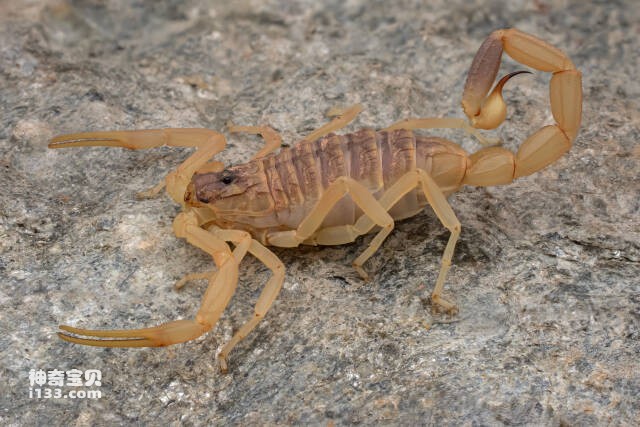
5. Palestinian scorpion
The Palestinian scorpion, also known as the Israeli golden scorpion, is one of the most venomous scorpions on earth and is mainly distributed in Israel and other parts of the Far East. Their tails have a venom-filled stinger, which consists of a spherical base and a pointed hook. Once it comes into contact with a living creature, the venom in the tail stinger is automatically ejected from the hook and injected into the injured person's body. If not treated in time, the injured person will suffer from severe discomfort symptoms, such as extreme pain, convulsions, paralysis, etc., and may lead to death.
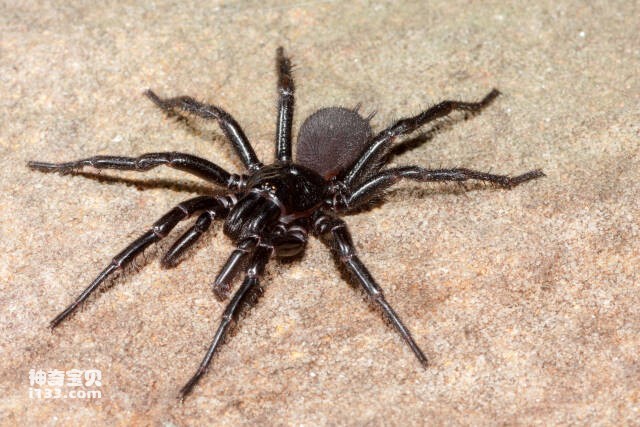
6. Funnel Spider
The funnel spider is considered one of the most venomous spiders in the world and lives in the suburbs of Sydney, Australia. They carry enough venom to kill 5 to 8 adults, and if bitten, the victim will feel severe pain and sweat profusely, and then the venom will quickly enter the nervous system, causing death within 15 minutes. It is understood that the largest funnel spider is the size of a palm, and its fangs are 1 cm long and can even pierce human toenails. Interestingly, male funnel spiders are much smaller than female funnel spiders, but their venom is more than five times that of female spiders.
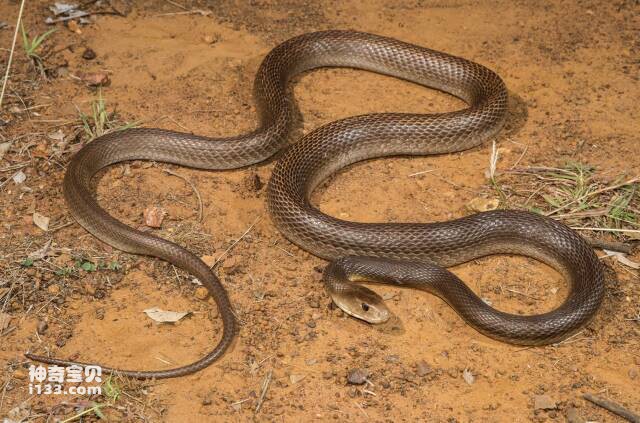
7. Taipan snake
The Taipan snake is one of the largest venomous snakes in Australia. It is distributed along the eastern and northern coasts of Australia and is also found on the islands of New Guinea. They usually live in woods and woodlands and feed on small mammals. They are fast-moving mammal killers and are active day and night. According to several toxicology reports and LD50 subcutaneous injection data in experimental white rats, Taipan snake ranks among the top in the world in toxicity, with a 100% clinical lethality rate. Each bite produces about 110 milligrams of the potent toxin, enough to cause fatal consequences. The venom can kill 100 adults or 500,000 rats.
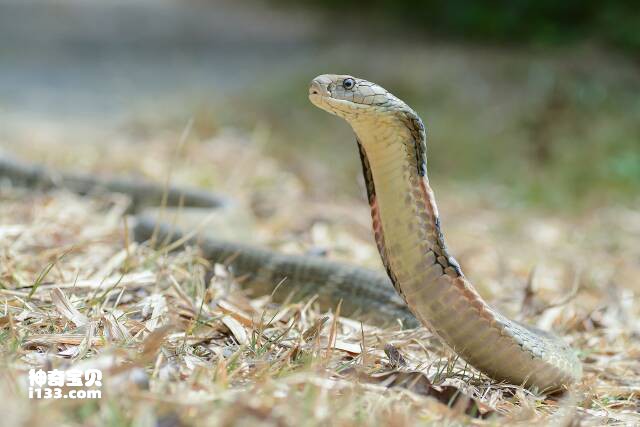
8. King Cobra
The king cobra, also known as the mountain snake, is a different species from the real cobra. It belongs to the separate genus King Cobra and is not a member of the genus Cobra. Compared with other cobras, the Shanwan snake has a more ferocious temperament and extremely quick reactions. It has flexible head and neck rotation capabilities and a large amount of detoxification. It is understood that the dry poison content in its venom is about 100 mg, and the average lethal dose is 12 mg. If the person bitten does not receive medical treatment in time, he or she will develop symptoms such as swelling, nausea, abdominal pain, respiratory paralysis, speech impairment, and coma within a few minutes, and will definitely die within half an hour.
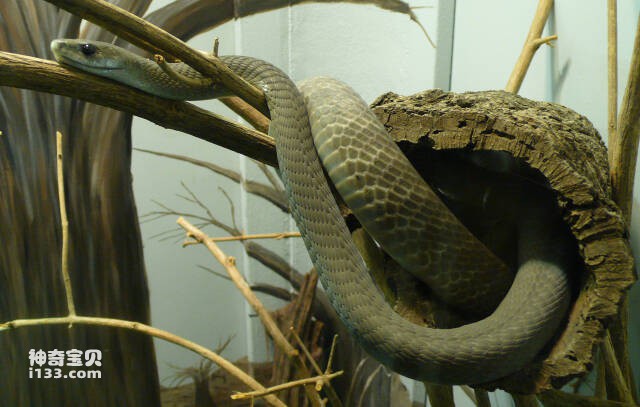
9. Black mamba snake
The black mamba is considered one of the most dangerous snakes in the world. It is a snake that inhabits drier areas such as open shrubs and grasslands and attacks very quickly. The black mamba snake mainly paralyzes its prey by attacking its prey's nervous system with neurotoxins. Its venom is neurotoxic and very toxic. It is understood that on average, only 10-15 mg of black mamba venom is enough to kill an adult. The amount of venom of the black mamba snake is usually 100-120 mg, and can reach up to 200 mg, which is enough to kill 13-20 people or a giraffe weighing 600 kilograms. Once bitten by a black mamba, death will occur within 15-30 minutes at the fastest and only one hour at the slowest.
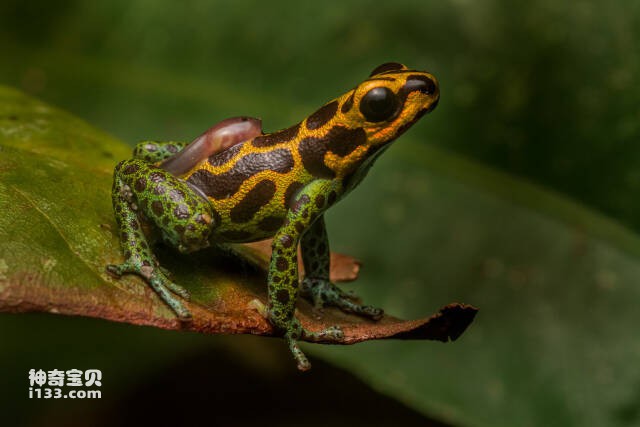
10. Poison Sword Frog
The poison sword frog is an extremely beautiful frog and one of the most poisonous species in the world. Their bodies are petite, only 1.5 centimeters on average, and some species can reach up to 6 centimeters in length. Despite this, the poison sword frog is extremely venomous and is said to be enough to kill 10 people each time it releases its venom. One of the most iconic species is the golden poison dart frog, which has bright yellow skin covered in a deadly alkaloid venom. It is understood that this frog is extremely poisonous and has even caused the death of other animals due to contact with similar items (such as paper towels).
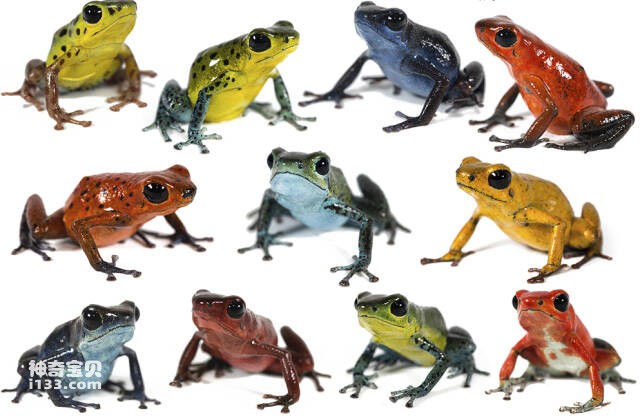
The ranking of the top ten most poisonous animals is based on factors such as the lethal dose of poisons for each aquatic and terrestrial animal, time to death, symptoms of the injured, and a comprehensive summary with reference to related rankings on the Internet. The list is for reference only. If you have any questions, please follow the comments/communication at the end.
animal tags:
We created this article in conjunction with AI technology, then made sure it was fact-checked and edited by a Animals Top editor.